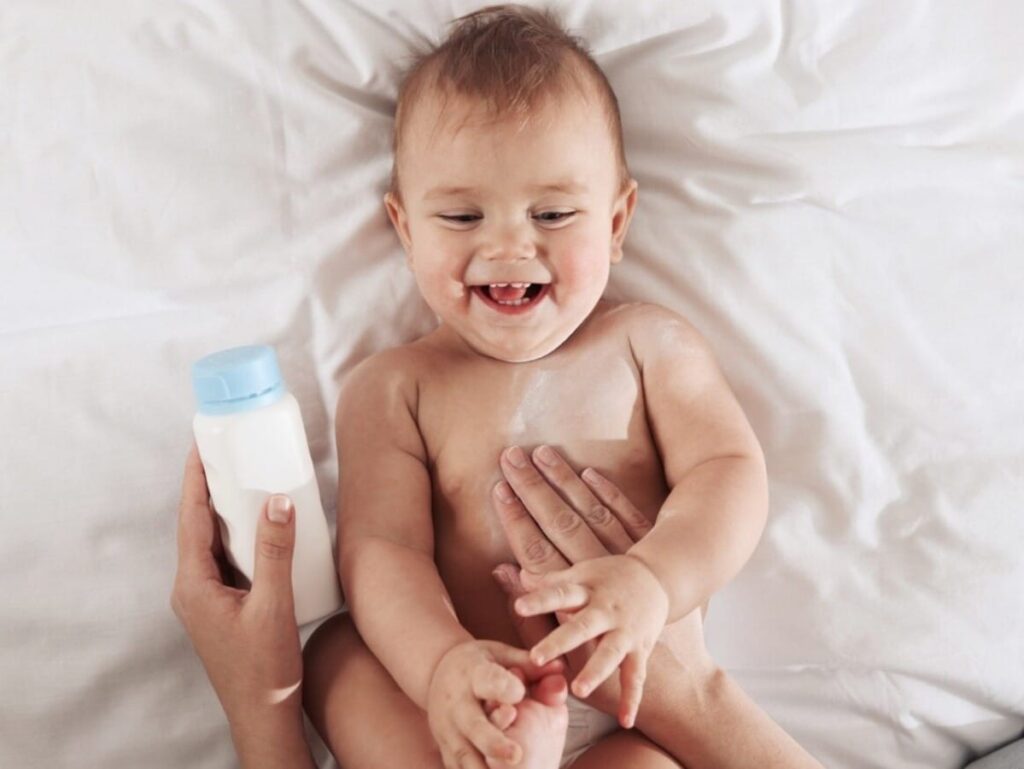Newborn skin care is a crucial aspect of parenting, especially during the summer months when the heat can be overwhelming for infants. Many parents resort to applying powder to their newborns to manage sweat and friction. However, this practice raises questions about the safety and necessity of using powder on a baby’s delicate skin. This article aims to provide insights into newborn skin care practices, the implications of using powders, and alternative solutions for keeping infants comfortable in the heat.
The Sensitivity of Newborn Skin
Newborn skin is unique and sensitive. It is thinner and more delicate than adult skin, making it more susceptible to irritation, rashes, and infections. Parents should be aware of various factors that can impact their baby’s skin health.
| Characteristic | Description |
|---|---|
| Thinness | Newborn skin is about 20-30% thinner than adult skin. |
| Increased Sensitivity | It can easily react to environmental factors, such as heat, humidity, and products applied to it. |
| Immature Barrier Function | The skin barrier is not fully developed, making it more vulnerable to irritants. |
| Lanugo | A fine layer of hair that covers the body, which protects the skin but may shed soon after birth. |
Are Powders Harmful to Newborns?
Many healthcare professionals advise against using powders on newborns. The primary reason is that talcum and cornstarch-based powders can cause respiratory issues if inhaled, especially during application. Additionally, these powders may not provide any significant benefits in terms of skin health.
- Respiratory Issues: Powders can be inhaled, leading to respiratory distress and other complications.
- Skin Irritation: Some powders may contain fragrances or chemicals that can irritate sensitive skin.
- Increased Risk of Rashes: Powders can trap moisture, worsening heat rashes and diaper rashes.
Alternatives to Powder for Newborns
Instead of resorting to powders, there are several safer alternatives to keep your newborn comfortable during the hot summer months.
- Lightweight Clothing: Dress your baby in breathable, loose-fitting fabrics such as cotton to help regulate body temperature.
- Frequent Bathing: Regularly bathing your newborn in lukewarm water can help them stay cool and clean.
- Hydration: Ensure your baby is adequately hydrated, particularly if they are breastfeeding.
- Skin Moisturizers: Use gentle, hypoallergenic moisturizers to keep the skin hydrated without the risks associated with powders.
Conclusion
When it comes to newborn skin care, less is often more. While the instinct to apply powder during the heat of summer is understandable, it’s essential to prioritize the health and safety of your baby’s sensitive skin. Consulting a pediatrician can provide personalized guidance on maintaining optimal skin health for your newborn. By adopting safer alternatives such as breathable clothing and regular bathing, parents can ensure their infants remain comfortable and healthy throughout the summer months.
